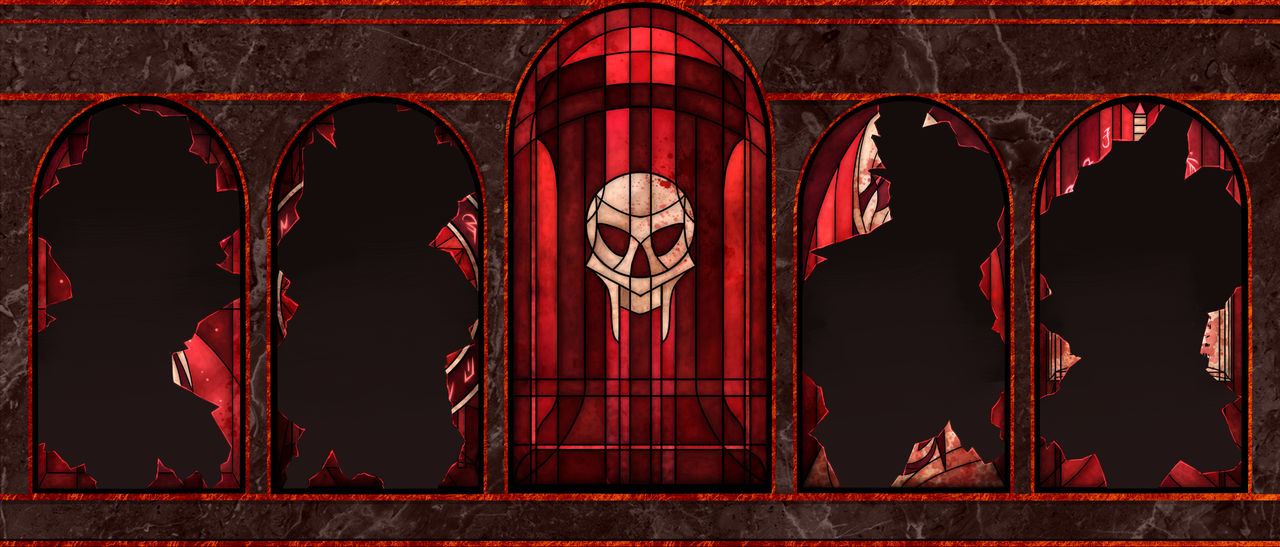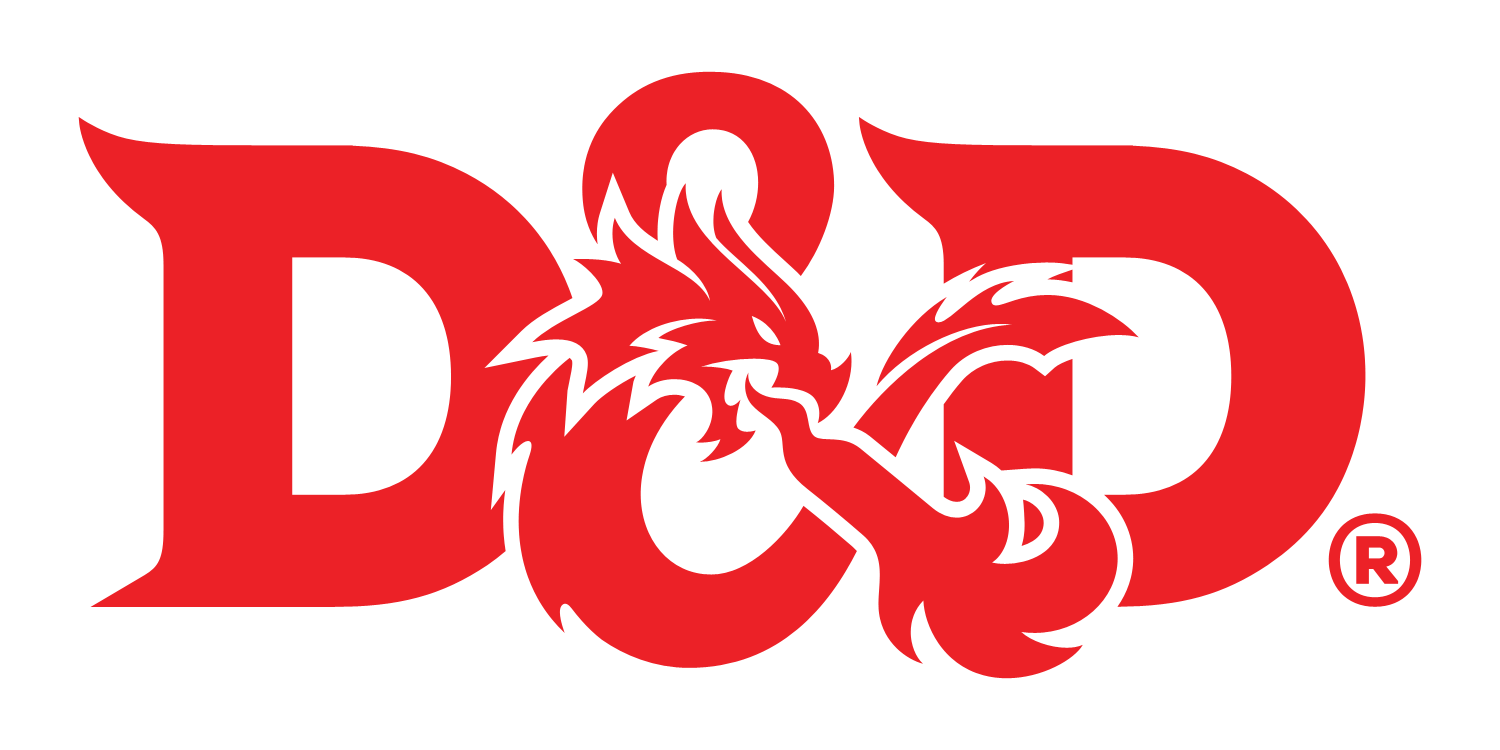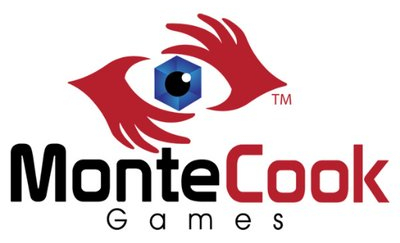Invictus Covenant
The Invictus, the First Tower, is the most conservative and traditional covenant of vampires. They are the guardians of the Masquerade and achieve their goals through intrigue and long-term strategy. It is very unusual for young Kindred to join the Invictus. The covenant attracts Elders who have already recognised the need for the Masquerade.
Especially younger vampires taking their first steps in the night's world often have difficulties understanding how the strict hierarchical structure of Invictus works. For this reason, members of the Invictus select and prepare their progeny for membership at a very young age. Etiquette and politics, in particular, are focused fields of training for the future progeny.
The Big Picture
The Invictus knows things. They know who was destroyed recently, who is lying in Torpor right now. According to certain rumours, they even know where the vampires in question are resting. Your Clan Elder has plans? You can bet the Invictus know it, and have already taken action. Measures that can either advance or hinder the plans. Depending on whether they hinder or further the Invictus’ goals.
We consider the covenant the most polite and formal in society. There are complex social favours and antique-looking rules of etiquette, but all these things only cover up the blackmail, the social assassination that prevails in the First Tower. Intrigues spun to bring down a rival often unfold over decades or centuries. Only someone with such foresight and patience will make it within Invictus.
To maintain the Masquerade, the Invictus takes any means necessary. Disciplines, bribery, blackmail and placing loyal Trusted in key positions are common practices. No matter how at odds two Invictus may be with each other, they will work together to maintain the Masquerade - and then go right back to their own feud.
Unlife in the First Tower
Those who are accepted by the Invictus at all begin their ascent within the First Tower at the bottom. Usually, newcomers are not assigned a Title of Tribute, but only bear the Title of Esteem, which is based on their age and status in vampire society.
The ones who climb the tower are those who give the Invictus the most advantages, advance their goals the furthest, and invest the most in the covenant. In other words, the Elders. While it is quite possible for younger Kindred to rise to the middle ranks of the Tower, it has never happened that a vampire under 500 years has come anywhere near the top.
For this reason, titles are a very important tool for Invictus. The Title of Esteem is the only one that is changed and not simply added to. It is also the only title that is practically guaranteed to increase unless you allow yourself to be destroyed.
It differs from the Title of Tribute. If you gain a new one, usually by doing more and better service for the Invictus, they add it to the old titles but do not replace them.
Titles of Function openly state what duties a member performs for the covenant. Are you a Primogen? Then you get the corresponding title. If you are no longer a Primogen, and thus lose status within the covenant, you lose the title again.
Much of life within Invictus is about accumulating new titles and making sure that potential competitors lose theirs. For this, the Invictus use a complex web of favours and blood oaths that are written down by the covenant.
Titles & Etiquette
Invictus etiquette follows strict and relatively complicated rules based on the age, titles and functions of the respective vampire. Since the members of the First Tower also use these titles as weapons and opportunities for hidden insults, here is a brief introduction to this web.
Titles of the Invictus
The most important part of the Invictus hierarchy is the titles. They comprise different parts, and their recognition or even the omission of a title conveys subtle recognition or disrespect without outsiders noticing.
Each title within Invictus comprises one or more components.
Titles of Esteem
The first component of the title is always the Title of Esteem. It changes with the age of the vampire and shows his rank in the pecking order of the First Tower, depending on it. The older the vampire, the higher the Title of Esteem.
- Master/Miss - This title refers to a Neonate that is a member of the Invictus and has passed their presentation, but is no older than 50 years.
- Mister/Madam - This title refers to an Ancillae that is a member of the Invictus and is between 50 and 150 years of age.
- Alder - This title refers to an Elder that is a member of the Invictus and is at least 150 years of age.
Titles of Esteem are the only titles that can’t decrease. They are determined by age, not by function or investments into the First Tower.
Titles of Tribute
The Inner Circle awards Titles of Tribute to members of the Invictus, who have impressed the Inner Circle of Elders enough to be awarded a title. These are usually for special services to the First Tower, a valuable resource, or information that would not be available to the Invictus without that unusual act or activity.
The Titles of Tribute refer to Mortal Feudal Titles.
- Lord/Lady - This title is awarded for a certain achievement for the Invictus, usually providing a merit of some sort.
- Baron/Baroness - A title for a Lord or Lady who has proven themselves several times, with honour and value above their duties.
- Viscount/Viscountess - This title is for a vampire, the Invictus granted permanent domain in one of their controlled cities. They lose this title if they have no longer control over their domain.
- Earl - The title of an Earl is bound to conquer a new domain, adding it to the Invictus territory and thus earn the right to rule it. If the Earl loses control over his domain, he also loses this title.
- Marquis/Marquise - This title shows that they have granted this vampire a place in the Inner Circle of a city. This is not only an honour, it also shows that he is untouchable within the Invictus, and no mishap could ever damage his influence within the Covenant.
- Duke/Duchess - The highest Title of Tribute determines a vampire that is appointed to establish a foothold for the Invictus within a new city. Once the permanent rule of the Invictus is established, the Duke is granted a place in the Inner Circle of that city, as well as a permanent, personal domain within the city.
Titles of Function
While Titles of Esteem are determined by age alone, and Titles of Tribute by achievements for the Invictus, they tie Titles of Function to specific tasks. It is rare for a single vampire to hold multiple Titles of Function, and they are not usually part of the address, but they are part of the signature.
The following list contains all Titles of Function, but not all of them have to be occupied within a single city, especially if that city is just about to be conquered by the Invictus.
- Advocate - Recruitment and promotion of Invictus Interest.
- Councilor - Member of the Inner Circle.
- Interpreter - Translator and Subterfuge Specialist.
- Judex - Judge within the Covenant.
- Knight - Oathsworn soldier, member of a Knightly Order of the Invictus.
- Librettist - Connoisseur of arts and entertainment, responsible for events and to determine the quality and worth of art.
- Meister - Acknowledged expert and instructor of any field of study. Oversees a guild.
- Notary - Witness to declarations and recitations of oaths.
- Player - Professional Artist or Entertainer.
- Secretary - Overseer of Guilds within the city.
- Soldier - Professional Warrior, not sworn to a Knightly Order.
- Speaker - Trained Herald, Diplomat and Master or Mistress of Etiquette.
- Steward - Preserver of artifacts, often responsible for a Vampire in Torpor.
- Technologist - Expert in study and application of Disciplines and Devotions.
Introducing an Invictus
Introducing an Invictus is a tricky game. You forget a title he rightly holds? They will take it as an insult. If you add one that someone else holds, they feel insulted. If you forget the correct form of address or misuse the first name, forget the name of the city or, even worse, a court title, you are simply a cultureless fool.
At no point in dealing with the Invictus, are there so many stumbling blocks as in formal introductions.
The most tough point in this introduction is structuring the names and titles of the corresponding Invictus. To prepare adequately, write a request to an Invictus Speaker, who will provide the correct listing of all titles and names, also in writing. You should memorise this list, not read off!
Structure of Introductions
The following shows an example of an Introduction structure that would be suitable for Illmahgo Reinear.
- Every introduction begins with the correct form of address, that depends on the highest Title of Tribute that member holds. You will find all the forms of address in the Extended Invictus Etiquette.
Example: His Grace
- Once you stated the correct form of address, you add the Title of Esteem this member holds.
Example: Alder
- Then you add the highest Title of Tribute and the name. For certain titles of tribute, you will add their Form of Address before the name, but after the Title of Tribute. If the title is bound to a certain city, this follows as the last part of the name.
Example: Duke Sir Illmahgo Reinear of Ptolus
- Following this, you will add a list of other Titles of Tribute the Invictus helds. For Ptolus, this list should be pretty short, except for Elder Vampires that hold titles for membership in the Inner Circle of their home city. The Titles of Baron or Lord and their female forms are usually mentioned as “Of the Invictus”.
Example: Marquis of The City of Night, Baron Lord of the Invictus
- Last, you will list all the Titles of Function an Invictus holds. These include the Court Titles, and Clan Titles if applicable. Usually you begin with the most recent title and end with the oldest one.
Example: Judex of Ptolus, Notary of Ptolus, Knight of the Order of Thorns, Honoured Elder of Clan Ventrue.
And, for completion, the complete introduction for Illmahgo:
His Grace, the Alder Duke Sir Illmahgo Renear of Ptolus
Marquis of the City of Night
Baron Lord of the Invictus
Judex of Ptolus
Notary of Ptolus
Knight of the Order of Thorns
Honoured Elder of Clan Ventrue
Addressing an Invictus
Once the introduction passed, you may engage a properly introduced Invictus in a personal conversation. But how do you talk to an Invictus? It will relieve you that the direct address in a conversation is less complicated.
In a conversation, you will engage them with a formal address, based on their highest Title of Tribute. For Ptolus, there are only three in place.
- When addressing Illmahgo, you’ll address him as Your Grace. As an alternative, you may address him as Duke Ptolus.
- When you address a Baron or Baroness, you address them as Lord or Lady + Last Name.
- When you address a Lord or Lady, you address them as Lord or Lady + First Name.
But what if a member has no Title of Tribute? Well, then you address them by their Title of Esteem.
- For an Elder: Alder + First Name
- For an Ancillae: Mister or Madam + Last Name
- For a Neonate: Master or Miss + First Name
Blood Oaths
Titles and etiquette are the flesh and skin of the Invictus, but blood oaths are the bones. Invictus as vampires swear and seal these oaths with their own blood, and the covenant has methods to make sure that the respective Kindred keeps their oaths. A Notary of the Invictus has to note and witness each formal Blood Oath. This procedure backs the Oath with supernatural power.
There are a few oaths that are not backed up with supernatural power. The Invictus calls these “Symbolic Blood Oaths”. They are dependent on the honour of the one swearing this oath.
Example Oath
One of the strongest mutual oaths of the Invictus is the Oath of Blood Loyalty. You will need a Lord and a Vassal for this oath, and at least one of the two parties needs to have Auspex (3) and Majesty (3). Both of them need to enter this oath out of free will, or the Oath will have no effect.
Cost
Both parties need to spend one Willpower and one Vitae. The Vassal needs to spend one permanent dot of Willpower, thus losing one point of Willpower.
Execution
The Lord and the Vassal fill their Vitae into a chalice, mixing the Vitae together. They then share the Vitae by drinking it. The power of this Oath makes sure that this act does not establish a Vinculum.
Effects
Once this oath is established, the Lord may use the Vassals’ senses for one scene, by spending one point of Vitae. The Vassal may spend one Willpower to borrow one of the Lord’s disciplines. He gains access to the borrowed Discipline at the same level as the Lord owns it. Activating the powers will still have the same cost as if the Lord would activate it.
If the vassal does so, the lord may still use the discipline powers he has, but they will not add dice to his pool. The lord may also spend one willpower to give a command to his vassal. This is not supernatural by nature, but may be enforced with Dominate or Majesty.
The Drawback of this oath is that all damage that affects one of both parties will echo into the other, including the wound modificators. If the counterpart of the oath meets final death, the surviving part suffers from a -3 wound modificator for a number of nights equal to the Blood Potency of the destroyed vampire, plus 1 point of aggravated damage for each dot in Resolve the destroyed vampire had.








Comments
Author's Notes
Author
This article was written by the creative and talented Davina and edited for world and game use by Graylion in the Shadow War Across Creation. To see more writing and world building by Davina, visit WIRE.